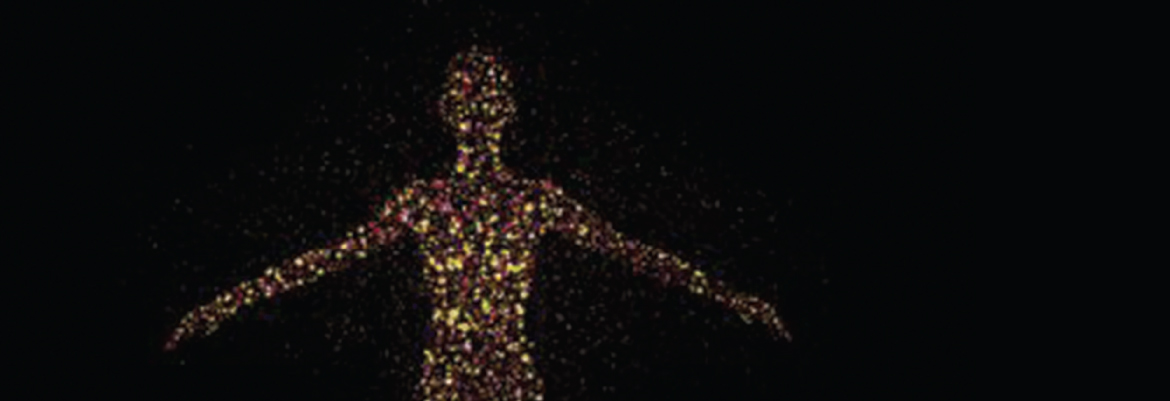Telling A Better Story: Why Faith & Science Belong Together
Recordings of all the webinars can be accessed at: bit.ly/34z3XUS (Accessed 7 October 2020)The far-reaching nature of COVID-19 was mirrored during the lockdown by an explosion of online materials and resources. The usually inaccessible was for the first time wonderfully available to a limitless audience. One such was the Faraday Institute for Science and Religion summer course 2020, a week of 13 webinars examining whether the faith-science dynamic is one of conflict or compatibility.Illuminating discussion on the nature of reality encouraged listeners to engage with the questions faith and science can answer. Prominent speakers argued that science does have limitations, and so we need to seek answers elsewhere. Over the first three talks, each landed on the conclusion that faith and science are two disciplines considering one reality.
This key theme was reiterated more specifically when asking whether randomness in the physical world and scientific theories of origin are compatible with theology. Thought-provoking discussion followed, bringing to light the necessity of randomness and disorder in God’s creative purposes, and unlocking the truth of Genesis by engaging with its cultural context. The discussion considered whether Genesis is a story of identity or scientific claim. It emphasised that we don’t have to try and reconcile the biblical creation narrative with scientific discoveries about origins.
The lectures towards the end of the week applied the theological principles previously considered. This took the discussion into the medical realm by exploring human identity – the mind-brain relationship, consciousness, dementia, and end-of-life care. As the talks progressed, each pointed to a biblical narrative which transforms and expands our perspective on what it means to be human. Practical application of spiritual truth to the field of conservation was also considered. Both speakers proposed that ‘creation care’ is profoundly Christian. Not only does the practice reflect God’s purposes and Christ’s work as Creator, Sustainer and Redeemer, it also expresses a conviction about and a love for him. In a world extremely challenged by environmental problems and where conservation work can feel futile, Christians can hold onto God’s sovereignty, proven love, and the ultimate hope of a transformed created order to come.
In summary, the series not only illustrated the complementarity of faith and science, but also explained how the biblical narrative provides a much better picture of reality. We can often neglect grappling with the interface between faith and science, maybe on a personal or institutional level. This webinar series serves as an excellent tool to scrutinise this intersection in a rational, genuine and engaging way. Hearing the convictions of those who have thought and researched deeply in this field provides great encouragement, deeper understanding, and motivation to continue joining the dots between faith and science. ?


